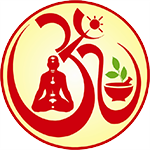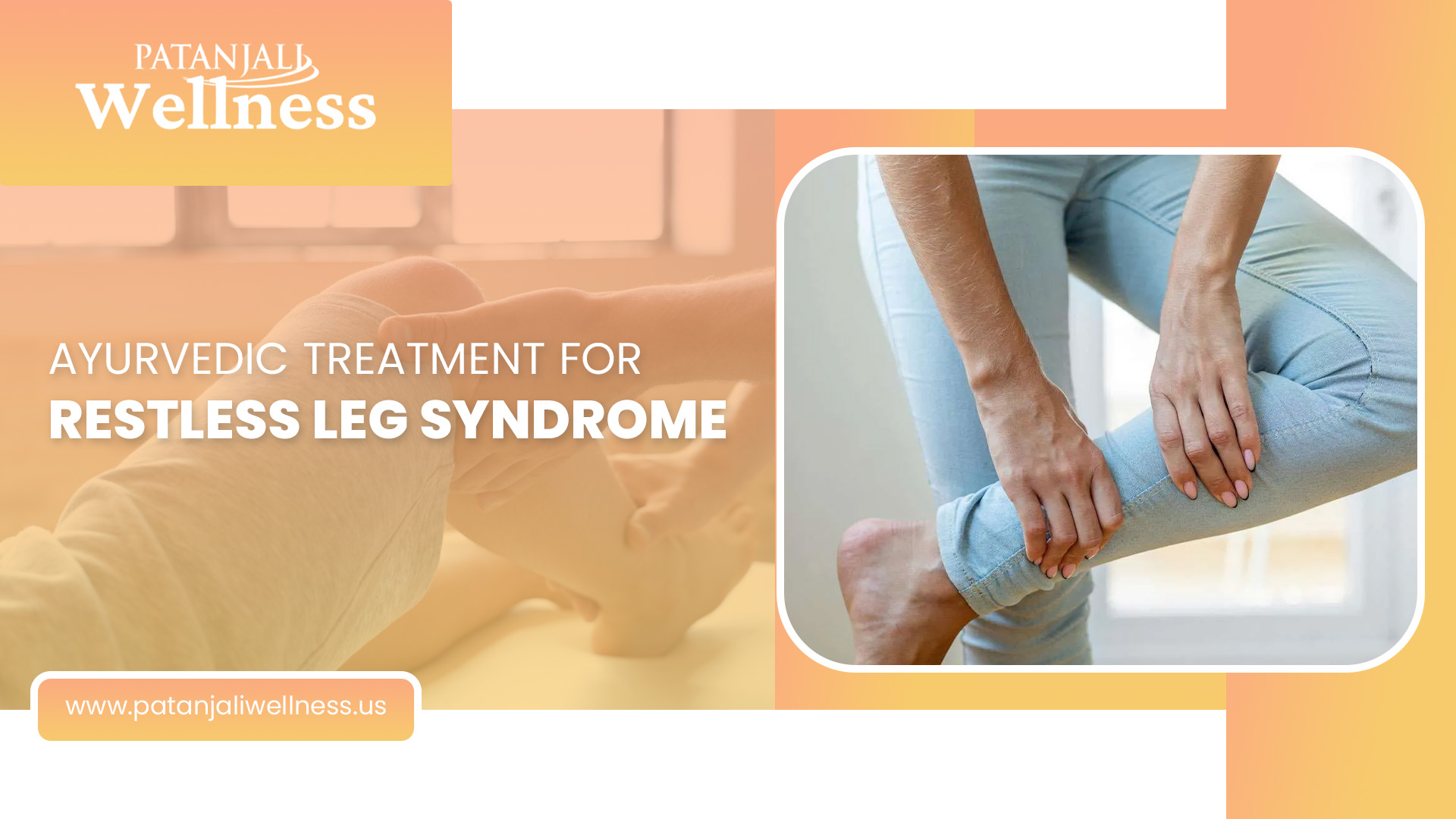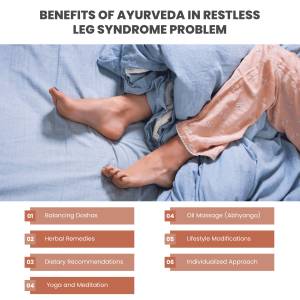What is Restless Leg Syndrome?
Many experts call it a sleep problem because it usually worsens at night. You might not be able to sleep or sit still for a long time, like in a movie theater or a car. If you don’t get help, it could get worse. Chronic sleep loss can lead to issues at home or work.
Up to 1 in 10 people in the U.S. have restless legs syndrome. It can happen to anyone, but women are more likely to get it, and people in their middle years are more likely to have severe symptoms.
Doctors don’t consistently recognize RLS, especially if the symptoms are mild or don’t happen often. Treatment can usually stop it once it’s been found, though.
RLS isn’t that easy to recognize by professionals, especially if the symptoms are mild. It is generally a lifelong condition, and it is hardly curable. However, it can be treated to ease the syndromes.
Symptoms of Restless Leg Syndrome
People who have RLS may feel like they can’t stop moving, and their lower limbs may hurt in ways that are different from how someone who doesn’t have the disorder feels. If you feel something in your legs, it might hurt, throb, pull, itch, crawl, or creep. The arms feel these things less often, and the chest and head rarely. The feelings can happen on just one side of your body, but they happen on both sides most of the time.
Some common symptoms of RLS are:
Feelings that start after rest—These feelings usually happen when you’re not doing anything and are sitting for a long time, like when you’re on a bus or watching a movie.
Moving around may help ease the pain—You may need to keep moving your legs (or other affected body parts) to lessen or stop the feelings. You might need to pace or keep moving your legs while you sit on the floor.
Symptoms worsen at night and go away entirely in the early morning—You may have trouble falling asleep and staying asleep. If something happens or you do that makes you sleep less, your symptoms may get worse.
People with RLS may have different symptoms every day in terms of how bad they are and how often they happen. If you have pretty severe RLS, your symptoms might only occur once or twice a week, but they often make it hard to fall asleep and wake up in the morning. People with severe RLS have symptoms more than twice a week.
These things can happen to you if you have RLS:
- Mood swings
- Tiredness and sleepiness during the day
- Having trouble focusing
- Problems with memory
- Less productive
- Stress and depression
In the early stages of the disorder, you may go through remissions, which are times when your symptoms get better or go away for weeks or months. But symptoms generally tend to come back and get worse over time.
How to Treat Restless Leg Syndrome Naturally
Ayurvedic books don’t talk about Restless Leg Syndrome by name, but the signs are similar to diseases in the Vata Vyadhi group. In Ayurvedic treatments, this is the name for situations when the Vata dosha becomes too strong. So, this sickness can be controlled by staying away from the things that cause Vata illnesses. Some of these triggers are:
- Vyayama (working out too much)
- Apatarpana (too much fasting)
- Vyavaya (too much sexual involvement)
- Ruksha (overeating dry foods)
- Tikta (overeating bitter)
- Katu (overeating pungent food)
According to Ayurvedic treatment, Gridhrasi disease and Restless Leg Syndrome have common symptoms.
Like RLS, Gridhrasi causes pain in the legs and feet arising from nerves. Many complain of leg itchiness, numbness, or other strange feelings. Ayurvedic doctors have found that Abhyanga and Pizzichil can help treat Restless Leg Syndrome like Gridhrasi did.
Benefits of Ayurveda in Restless Leg Syndrome Problem
While conventional medical treatments exist, some people explore alternative therapies like Ayurveda for managing RLS. It’s important to note that Ayurveda is a traditional system of medicine with roots in India, and its approach involves a holistic view of health. Here are some potential benefits of Ayurveda in addressing Restless Leg Syndrome:
Balancing Doshas:
- Ayurveda classifies individuals based on their dosha constitution—Vata, Pitta, and Kapha. RLS is often associated with an imbalance in the Vata dosha. Ayurvedic treatments aim to restore balance by addressing the root cause, which may involve lifestyle changes, dietary modifications, and herbal remedies.
Herbal Remedies:
- Ayurvedic therapy utilizes a variety of herbs to address health issues. Some herbs may have calming and nervine properties, benefiting individuals with RLS. Examples include Ashwagandha (Withania somnifera), Brahmi (Bacopa monnieri), and Jatamansi (Nardostachys jatamansi).
Dietary Recommendations:
- Ayurvedic treatment places significant emphasis on diet. Foods that aggravate the Vata dosha, such as caffeine and spicy foods, may be reduced, while warm and nourishing foods are often recommended. Adequate hydration is also emphasized to maintain balance.
Yoga and Meditation:
- Ayurveda is often integrated with practices like yoga and meditation. Gentle yoga postures and meditation can help calm the mind and nervous system, potentially alleviating symptoms of RLS. Specific yoga poses may focus on stretching and relaxation.
Oil Massage (Abhyanga):
- Ayurvedic massages, known as Abhyanga, are believed to have a balancing effect on the doshas and can promote relaxation, making them a potentially beneficial component in managing Restless Legs Syndrome (RLS). The application of warm oil with calming properties, such as sesame or coconut oil, during Abhyanga massage may contribute to easing the discomfort associated with RLS. This traditional Ayurvedic practice not only focuses on physical relaxation but also aims to bring harmony to the subtle energies of the body, potentially offering relief to individuals dealing with the symptoms of Restless Legs Syndrome.
Lifestyle Modifications:
- Ayurvedic treatment emphasizes a harmonious lifestyle that includes regular sleep patterns, stress management, and a balance between activity and rest. Establishing a routine and ensuring a peaceful sleep environment can contribute to managing RLS symptoms.
Individualized Approach:
- Ayurveda recognizes that each person is unique, and Ayurvedic treatments are often personalized based on an individual’s constitution, imbalances, and overall health. This individualized approach may lead to more targeted and effective interventions.
It’s essential to approach Ayurveda therapy as complementary and consult with qualified Ayurvedic doctors or healthcare professionals before starting any treatment. While some individuals may find relief through Ayurvedic approaches, the effectiveness can vary, and it’s crucial to ensure that Ayurvedic interventions are integrated into a comprehensive healthcare plan.
To learn more about how Ayurvedic massage or treatments can help cure Restless Leg Syndrome, contact Patanjali Wellness Center today!






